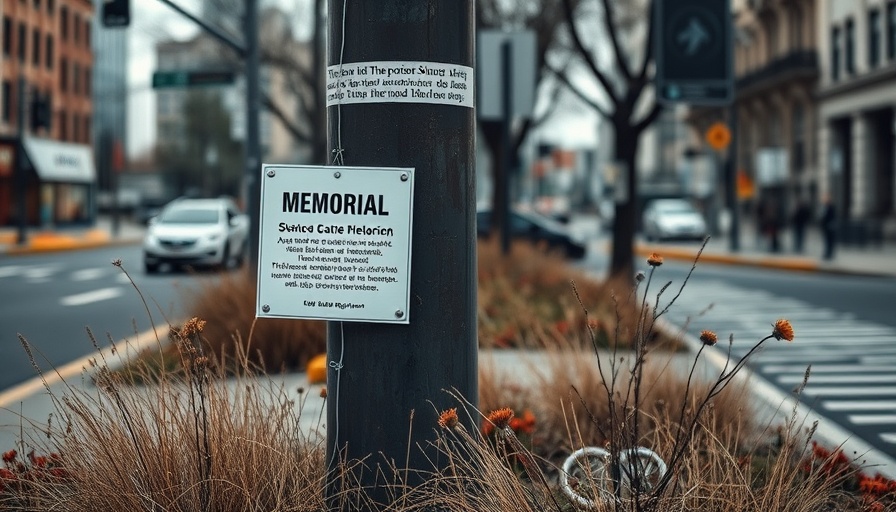
AG Pam Bondi's Push for Transparency in San Francisco Jails
The San Francisco Sheriff's Department is currently under pressure from the Department of Justice (DOJ) to provide a list of noncitizen inmates within its facilities. This request, made by Attorney General Pam Bondi, comes as part of a broader agenda focusing on immigration enforcement and the removal of individuals deemed criminal aliens. While such a move is framed as necessary for public safety, it raises significant questions regarding the city's long-standing commitment to sanctuary laws.
Understanding Sanctuary Laws and Their Importance
San Francisco adopted its sanctuary ordinance in 1989, designed to protect undocumented immigrants from being reported to federal authorities for minor offenses. The law encourages immigrant communities to interact with local law enforcement without the fear of deportation. As the request for inmate information surfaces, it collides with the principles upheld by this landmark legislation, creating tension between federal and local jurisdictions. This scenario exemplifies how immigration policies can ripple through communities, highlighting the social fabric intertwined with local laws.
The Impact on Local Communities
For many who call San Francisco home, the sanctuary laws are not simply political statements; they are lifelines. Immigrants in the city, regardless of their legal status, often contribute significantly to both local culture and economy. As the DOJ threatens to pursue ‘all available means’ to retrieve inmate information, immigrant rights advocates see this as an escalation in efforts to undermine sanctuary protections. With the ongoing conversation about inclusivity and community safety, the stakes have never been higher.
Counterpoints: The Argument for Federal Action
While many residents support the sanctuary movement, others argue that federal immigration enforcement is critical for maintaining public safety. Attorney General Bondi emphasizes that prioritizing the removal of criminal undocumented individuals is essential for the safety of all Americans. This viewpoint, however, raises the question: at what cost does public safety come? Engaging in dialogues that factor in the larger impact on immigrants and their families is fundamental to finding a balanced approach.
The Local Response and Next Steps
The San Francisco Sheriff's Department recently stated that they have not received an official request from the DOJ regarding the release of inmate information. This response raises further questions about how local departments engage with federal requests and how they protect their community members from potential deportation. As these discussions unfold, the involvement of local leaders and community members is crucial in addressing concerns and ensuring that the rights of all individuals are respected.
Conclusion: Keeping the Dialogue Open
Communities across the country are witnessing shifts in immigration policy and enforcement, representing not just numbers but lives intertwined within the social fabric. Conversations around sanctuary cities, law enforcement cooperation, and immigrant rights are essential as they shape the future understanding of community safety and individual rights. A collaborative approach between local stakeholders, leaders, and residents can foster insights into how best to balance these needs. As we move forward, it’s vital to keep the dialogue open, emphasizing shared values that bind us together regardless of immigration status.
 Add Row
Add Row  Add
Add 




 Add Row
Add Row  Add
Add 

Write A Comment